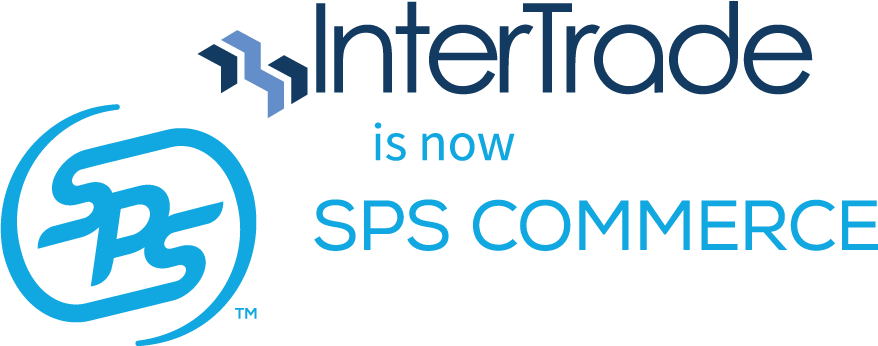Does your business have a plan for supply chain disruptions? Many businesses don’t, but preparing for these inevitable disruptions is a must. A good supply chain creates stability and fosters resilience, leading to better customer service. Read on to learn about supply chain disruptions and the steps you can take to mitigate the impact disruptions can have on your business.
What Are Supply Chain Disruptions?
A supply chain disruption can be defined as any unexpected change that negatively affects the supply chain. Some disruptions are local, others are global. Some may be relatively small – say, a supplier experiencing minor production delays -- while other disruptions can create major operational issues. Regardless of the nature or impact of a disruption, however, in all cases a supply chain disruption causes a setback somewhere along the supply chain, slowing the flow of commerce.
Some major causes of disruption include adverse weather conditions and natural disasters. Humans simply can’t control floods, hurricanes, tsunamis, earthquakes, blizzards, or wildfires. And even if these events impact only a small geographic area, they can have far-reaching consequences across supply chain. For example, natural disasters negatively affect companies’ ability to deliver goods by shuttering ports and preventing flights. Natural disasters have caused companies to lose hundreds of billions of dollars as a result of supply chain disruptions.
Health crises, whether local or global, can also wreak havoc on supply chain. The COVID-19 pandemic is a prime example of a disruption that has had a major impact on the global supply chain. With nearly every country and every industry affected in some way by the pandemic itself or measures taken to slow the spread of the virus, COVID-19 has negatively impacted countless companies, particularly those that rely on Chinese suppliers. COVID-19 has shown companies how vulnerable they are to supply chain disruptions, motivating many to seek a new model of supply chain resilience.
Three Lessons Learned from Supply Chain Disruptions
Your company doesn’t have to be vulnerable to disruptions. These three strategies can help you thrive even during a supply chain crisis.
Have a Backup Plan
What will you do if a warehouse filled with goods catches fire? If employees can’t come to work because of a pandemic? If your overseas supplier loses power and can’t work for a week? It’s essential to have a backup plan in place in case something goes wrong. You don’t need to think up solutions for all the disruptions that might come your way. But you do need to dedicate a little time to your Plan B. Find some backup suppliers and consider setting aside a portion of your budget for emergencies. A little planning goes a long way!
Diversify Your Supply Base
A more diverse supply base can help you better cope with supply chain disruptions. For example, in 2011, a devastating earthquake and tsunami hit Japan. Major companies that worked with manufacturers in Japan, such as Toyota, GM, and Nissan, had to shut down their facilities because they weren’t able to ship or receive the parts they needed. Some automakers were forced to look elsewhere for parts and supplies. If these companies had already been receiving parts from different suppliers around the world, they might have been able to stay operational during the supply chain disruption.
Partner with an Expert
If you’re not sure how to handle disruptions on your own, partnering with supply chain experts can help you navigate these stressful situations. InterTrade supply chain collaboration solutions are a great fit for retailers and suppliers that want to optimize supply chain and improve resilience. Learn more about our B2B ecommerce options and how we can help optimize your supply chain collaboration.
Overcome Supply Chain Disruptions
Unfortunately, many businesses choose to prioritize lower transaction costs over mitigating the risk of supply chain disruptions. But sacrificing stability and security for minor short-term cash savings is a risky proposition, especially during times of uncertainty. As we’ve seen above, taking proactive steps to protect your business from supply chain disruptions is essential – and ultimately, money well spent




